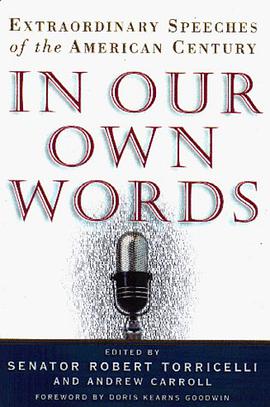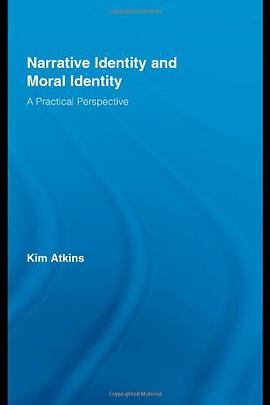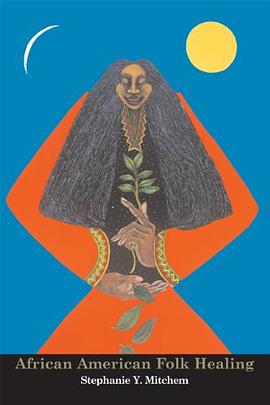

具体描述
This rare and important contribution to the field of Islamic studies, philosophy, and comparative religion achieves a twofold objective. First, it draws from a broad and authoritative well of sources, especially in the domain of Sufism, or Islamic mysticism. The scholarship is impeccable. Second, it is an in-depth meditation on the relationship between love and knowledge, multiplicity and unity, the example of the Prophet Muhammed viewed as Universal Man, spiritual union, heart and intellect, and other related themes--conveyed in fresh, contemporary language.The book is as much a work of Sufism as it is a book about Sufism. Many of these themes have a universal appeal for students of mysticism; consequently, there are distinct resonances with other traditions, especially within certain schools of Christian mysticism dominated by the language of love.In our day, when the divisions between many Muslims and many Christians have broadened into chasms of suspicion and fear, books such as this one are especially important for the help they can offer in bridging these rifts. The capacity of scholars to understand these two religions, which stem from the same Abrahamic source, is of the utmost significance, and the best approach to better understanding may be through the mystical traditions, which tend to reflect more tolerance and to recognize a potential for seeing unity in a multiplicity of perspectives. This work conveys the beauty at the heart of the Islamic tradition in a language devoid of technical terminology.
作者简介
目录信息
读后感
评分
评分
评分
评分
用户评价
相关图书
本站所有内容均为互联网搜索引擎提供的公开搜索信息,本站不存储任何数据与内容,任何内容与数据均与本站无关,如有需要请联系相关搜索引擎包括但不限于百度,google,bing,sogou 等
© 2026 book.wenda123.org All Rights Reserved. 图书目录大全 版权所有




















